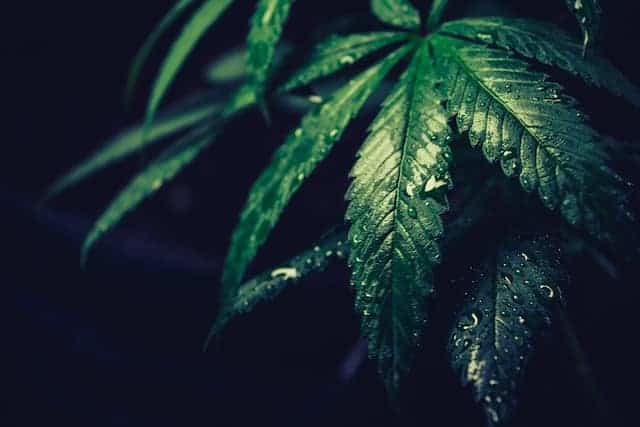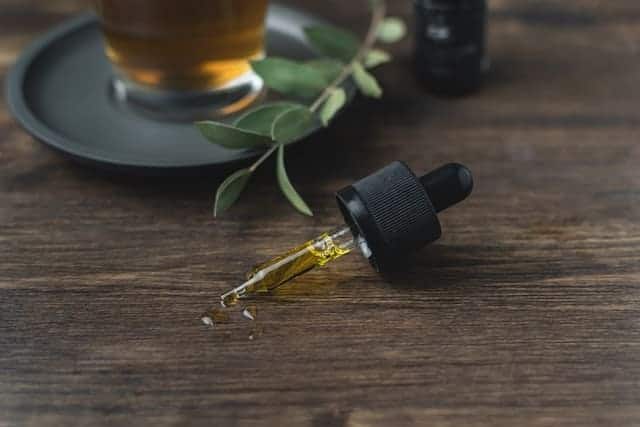The newness of CBD has resulted in many, many new questions about the compound. This all makes sense – after all, CBD was only legalized less than two years ago at the federal level, and regulations from the United States Food & Drug Administration are still forthcoming. However, for as many questions as there are, there are also many answers.
One of the common causes of confusion about CBD is whether or not CBD shows up on a drug test. Thankfully for CBD users, the answer is usually no…with some exceptions.
First, it’s important to understand how a drug test works and why this might have an interaction with CBD. There are, of course, many different types of drug tests, including tests that examine for the presence of THC in the system. THC is short for tetrahydrocannabinol, and it is the active cannabinoid in marijuana that is responsible for the intoxication that someone feels when they consume marijuana. Amounts vary, but the average THC content of marijuana is usually around 12%.
Using marijuana with a 12% THC level – or even significantly less – might trigger a positive result on a drug test. There are many different types of marijuana tests. They usually work by examining the level of THC. These tests can work by examining urine, saliva, blood, or hair follicle. If a user is determined to have more than 50 nanograms per milliliter of THC in their system, a positive drug result might be triggered. Some tests are even more sensitive and may trigger a positive result at 20 nanograms.
A variety of factors can go into whether or not someone tests positive for THC. These include:
- The overall sensitivity of the drug test.
- The method of testing used.
- The metabolism and processing speed of the individual taking the test.
- The individual’s history of marijuana use.
There are numerous types of CBD: Full Spectrum, Broad Spectrum, and Isolate. Isolate is essentially pure CBD and contains no other cannabinoid besides CBD. As such, a user of Isolate CBD might risk testing positive for THC. Broad Spectrum CBD also contains no THC. Full Spectrum CBD is virtually identical to Broad Spectrum CBD except that it does contain THC. However, within the United States and many other sections of the world, this CBD is legally not allowed to contain more than .3% THC. This level is not nearly enough to result in any sort of intoxication.
Generally speaking, as noted by at least one study, legally produced CBD does not contain enough THC to result in a drug test if that drug test uses the 50 nanograms per milliliter level. However, as noted by the study, that is not always the case, and if using the more sensitive 20 nanograms level, a positive drug test is possible. Furthermore, a positive drug test may still be possible, depending on the factors listed above.
This is a vitally important thing to understand, as a positive drug test can have devastating professional and personal ramifications on an individual. At the moment, standard drug tests cannot differentiate between CBD and marijuana use. Many people must be drug tested on a regular basis as part of their job or other legal issues, such as parole. A positive drug test may mean job loss. Such was the case for police officers in Albuquerque, New Mexico, who used CBD and then tested positive on a drug test.
This also makes it vitally important that individuals only use CBD products that have been accurately tested and labeled. A horrifying 2017 University of Pennsylvania study tested 84 products and found that nearly 70% were mislabeled for a variety of ingredients, including THC. This means that individuals can inadvertently use products that they think are THC-free, only to later fail a drug test because their products did actually contain THC. Fortunately for consumers, third-party CBD testing can resolve this issue by ensuring that people only use CBD products that have been adequately tested and labeled.
Most Recent Tested products

















Leave a Comment